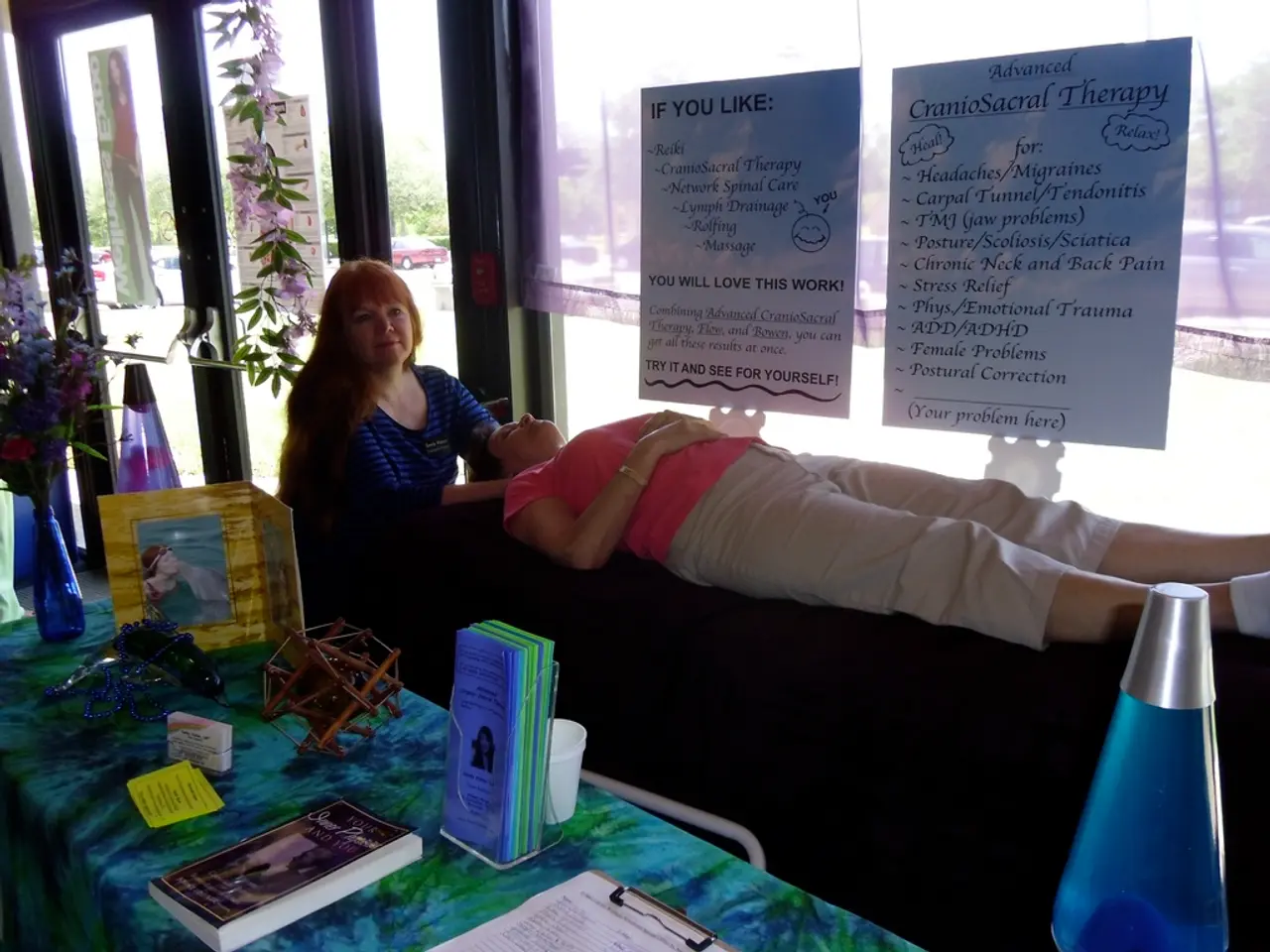Spotlight on the Power of Visibility: A Celebration of Perception and Recognition
In a world where we often hide our vulnerabilities, a new perspective emerges: sharing our personal stories in a supportive and empathetic environment can lead to significant psychological benefits.
Empathic listening in such environments can foster increased resilience, a greater sense of well-being, and improved mental health. By being truly seen, we discover that our vulnerabilities are not flaws but pathways to our greatest strength.
Sharing our story with empathic others invites love and understanding into our lives. Through vulnerability, we learn that we can face difficult emotions and survive. Over time, sharing in these safe spaces makes us more resilient in the face of life's challenges.
Disclosing negative or challenging life events has been shown to reduce negative emotions, such as stress, anxiety, and negative affect, while boosting positive emotions and even improving sleep quality. This vulnerability, when met with empathy, helps individuals feel understood and supported, fostering resilience and personal growth.
Moreover, sharing in such contexts encourages greater self-awareness and emotional clarity, enabling individuals to better comprehend their feelings and reactions. This self-awareness is essential for mental health improvement, as it provides a foundation for personal growth and better emotion regulation.
Supportive environments like group therapy settings further enhance these benefits by providing a community where individuals exchange personal stories, advice, and encouragement. These social bonds can improve overall happiness and psychological wellbeing by reducing feelings of loneliness and promoting mutual empathy and understanding.
In summary, the psychological benefits of sharing vulnerability within empathetic environments include:
- Reduction of stress, anxiety, and negative affect through emotional disclosure and social support.
- Increased positive affect and mental wellbeing, including improved sleep quality.
- Enhanced self-awareness and emotional intelligence, helping with personal growth and better emotion regulation.
- Development of resilience and coping strategies by processing difficult experiences collectively.
- Strengthening of social connections and sense of belonging, which support mental health and reduce isolation.
These combined effects make sharing vulnerability a powerful mechanism for psychological healing and growth when done in a trusting, empathetic context. Sharing our story can help us rewrite our narrative, moving away from negative narratives of victimhood, failure, or shame. In empathic spaces, shared experiences can create a bond offering comfort and solidarity, diminishing feelings of isolation.
The act of telling one's story can be as important as the story itself, as it releases pent-up emotions and provides a sense of relief. Empathic listening, without judgment, can make an individual feel validated, processing difficult emotions more effectively. Empathic listeners can offer insights or reflections that help us understand our stories in more empowering ways.
Sharing personal stories with empathetic others can lead to lower levels of emotional distress. Vulnerability, though often perceived as a sign of weakness, is a courageous act that fosters deep emotional healing and connection. The sense of shared humanity that emerges from vulnerability is one of the most powerful gifts that come from sharing personal stories.
In conclusion, vulnerability is a bridge to healing, not a source of danger. Sharing our story can help us rewrite our narrative and build emotional resilience. When we share our story with empathic others, we find a sense of belonging. The power of vulnerability lies in its ability to connect us, heal us, and help us grow.
- In a community that values empathy and understanding, therapists can facilitate therapies and treatments designed for mental health, health-and-wellness, and personal growth, providing an environment conducive to education and self-development.
- The practice of sharing personal stories in therapeutic settings, such as group therapy, can lead to a reduction in emotional distress, fostering increased positivity, improved mental health, and personal growth.
- By offering empathic listening and validation, therapists and fellow community members help individuals process difficult emotions more effectively, discovering their vulnerabilities as pathways to strength rather than flaws.
- In the realm of science, numerous studies have revealed the benefits of disclosing negative or challenging life events, including reduced stress, anxiety, and negative affect, and boosted positive emotions, as well as improved sleep quality, self-awareness, emotional intelligence, and resilience.




